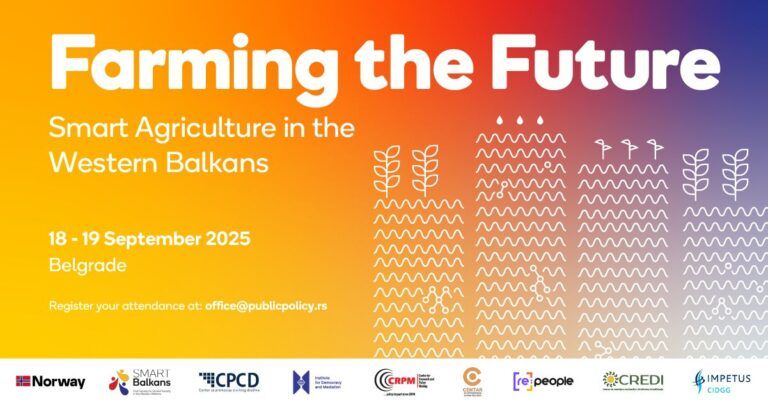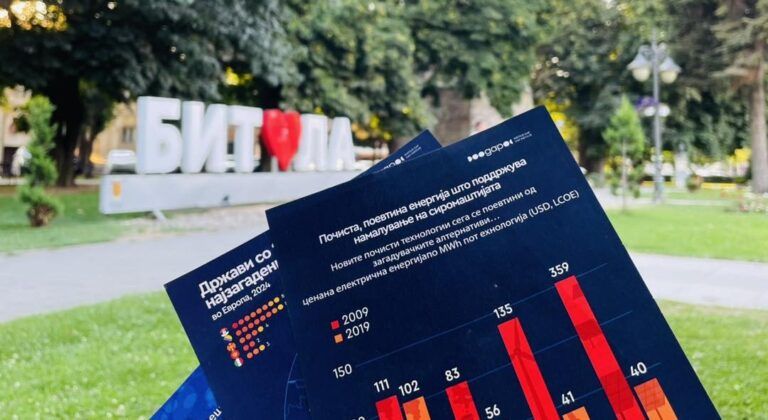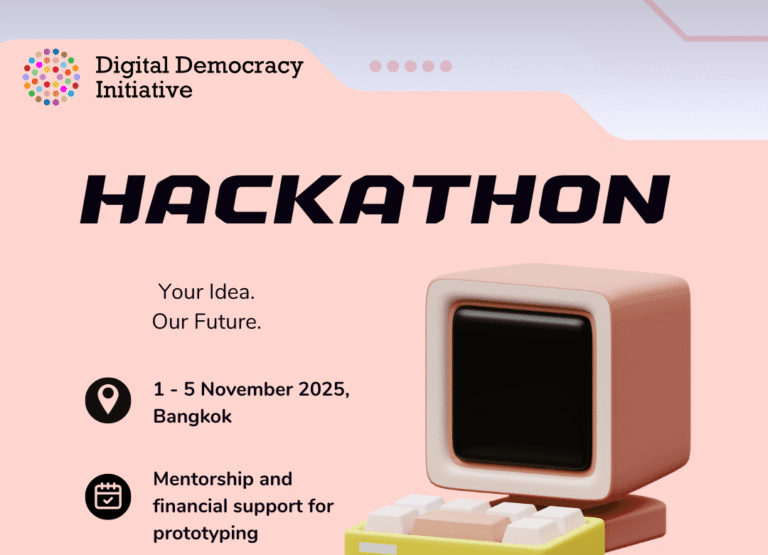Caravan Via Egnatia Wins 2025 European Innovative Teaching Award
We are pleased to announce that the educational board game Caravan Via Egnatia, developed within the Via Egnatia Project, has been awarded the 2025 European Innovative Teaching Award (EITA) in the category of Secondary Education. The European Innovative Teaching Award is an initiative of the European Commission, established in the 2020 Communication on achieving the […]


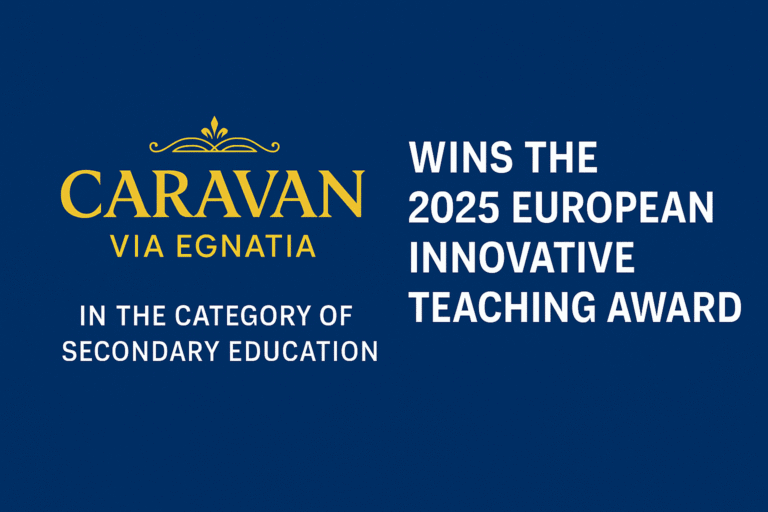
![[aggregator] downloaded image for imported item #39828](https://civicamobilitas.mk/wp-content/uploads/2025/09/543708402_2764943893700648_1274599406387485468_n-768x691.jpg)
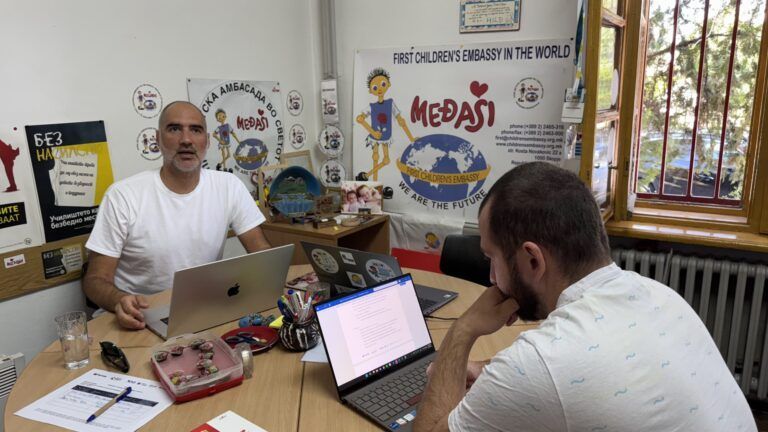
![[aggregator] downloaded image for imported item #39584](https://civicamobilitas.mk/wp-content/uploads/2025/09/raport-sanction-lists-e1757505448261-768x535.jpg)


![[aggregator] downloaded image for imported item #39588](https://civicamobilitas.mk/wp-content/uploads/2025/09/simona-scaled-e1757594367368-768x532.jpg)
